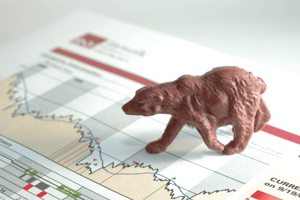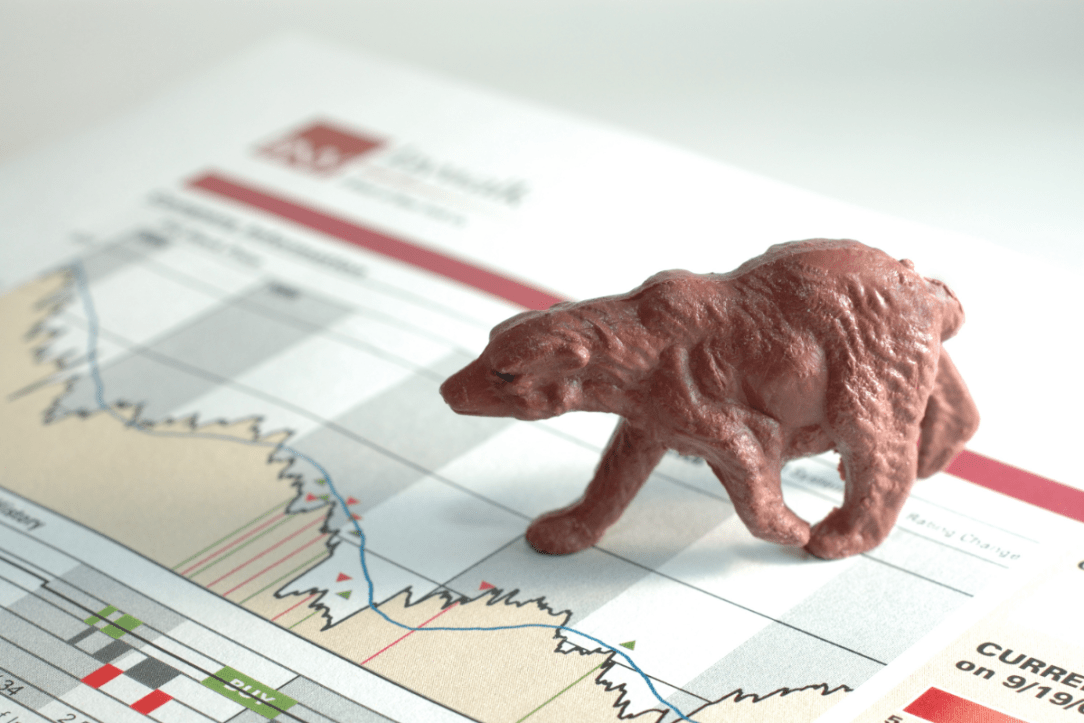In an era where retirement planning is of paramount importance, financial expert Robert Kiyosaki, author of the best-selling book 'Rich Dad Poor Dad,' offers a critical perspective on one of America's most popular retirement plans: the 401(k). Despite its widespread usage, Kiyosaki and his team at Rich Dad have identified several significant drawbacks that question the suitability of 401(k) plans for effective retirement savings.
High Fees and Limited Control Over Investments
One of the primary concerns with 401(k) plans lies in their high management fees. These fees, often obscured in complex legal language, can substantially reduce the earnings from these plans over time. These expenses include transaction, legal, and bookkeeping fees, along with mutual fund management fees, which typically amount to around 2% of the investment. Such costs can significantly erode the long-term value of retirement savings.
Moreover, 401(k) plans offer limited control to the investor. Unlike personal investment accounts, individuals cannot directly manage their 401(k) investments and face restrictions on their investment choices. Furthermore, accessing funds before retirement often incurs additional fees. An additional concern is the lack of insurance for 401(k) accounts, leaving them vulnerable in the event of market downturns.
Contribution Limits and Tax Implications for Alcoa Retirees
The 401(k) plan also has specific limitations set by the Internal Revenue Service (IRS) regarding annual contributions. For instance, the contribution limit for 2024 is set at $23,000. Any attempt to contribute beyond this limit can result in taxes and penalties, reducing the plan's flexibility for those seeking to save more aggressively for retirement.
The tax treatment of 401(k) plans further complicates their appeal. Unlike other investment vehicles, such as real estate or standard growth accounts that benefit from lower capital gains rates, 401(k)s are taxed at higher earned income rates. This distinction traces back to the 1978 Revenue Act, which was initially designed for pension funds. In contemporary times, the rarity of strong pension plans makes this tax feature less beneficial for many.
One critical aspect for individuals nearing Alcoa retirement is understanding the impact of Required Minimum Distributions (RMDs) on 401(k) plans. Once individuals reach the age of 72, the IRS mandates RMDs from retirement accounts like 401(k)s, potentially pushing retirees into higher tax brackets. This can lead to a significant increase in tax liability, especially for those with substantial 401(k) balances. Therefore, strategic planning around RMDs is essential to minimize tax impacts in Alcoa retirement. This aspect is often overlooked but crucial for effective Alcoa retirement planning.
Misconceptions About Employer Match
Another aspect often misunderstood is the employer match component of 401(k) plans. Contrary to popular belief, the employer match is not necessarily an added benefit. The Rich Dad team argues that this perceived advantage is illusory, as employers would typically compensate employees with equivalent benefits even without a 401(k) plan. Additionally, employer contributions are subject to vesting schedules, meaning that employees leaving the company before becoming vested may lose out on these contributions. This aspect of 401(k)s further limits the control Alcoa employees have over their retirement savings.
In conclusion, while 401(k) plans remain a common vehicle for retirement savings in the United States, Kiyosaki's analysis presents significant drawbacks that warrant careful consideration. The high fees, limited control over investments, restrictive contribution limits, and potentially unfavorable tax implications, along with misconceptions about employer matches, suggest that individuals looking towards retirement should thoroughly evaluate their options and potentially seek alternative or supplementary investment strategies to secure their financial future.
Investing in a 401(k) plan, as critiqued by Robert Kiyosaki, can be likened to setting sail in a luxurious yet leaky yacht. On the surface, it appears grand and promising, offering a journey towards a comfortable retirement. However, beneath the veneer of security and employer matches, hidden fees and limited control over the investment course are like small leaks, gradually draining the vessel (your retirement savings) without immediate notice. Navigating through the rough waters of high taxes and RMDs after age 72 adds to the challenge, making it imperative for savvy sailors, akin to experienced Alcoa professionals and retirees, to inspect their vessel thoroughly or consider alternative routes to ensure a smoother and more secure journey to their retirement from Alcoa.
Featured Video
Articles you may find interesting:
- 8 Tenets of Choosing a Mutual Fund
- Use of Escrow Accounts: Divorce
- Section 303 Stock Redemption Buy-Sell Agreement
- Medicare Open Enrollment Is Here: How Are Costs Changing for 2023?
- 2022 High Net Worth Tax Planning
- Policy Roadmap
- Section 179 Deductions
- Learn About the Path to Retirement
- Contemplating Change: 7 Key Factors When Considering a Transition from Your Company
- How Are Workers Impacted by Inflation & Rising Interest Rates?
- Lump-Sum vs Annuity and Rising Interest Rates
- Advice for Retirees Trying to Survive a Bear Market
- 5 Most Important Things to do Before Leaving Your Company
- Internal Revenue Code Section 409A (Governing Nonqualified Deferred Compensation Plans)
- 8 Tenets of Choosing a Mutual Fund
- Use of Escrow Accounts: Divorce
- Section 303 Stock Redemption Buy-Sell Agreement
- Medicare Open Enrollment Is Here: How Are Costs Changing for 2023?
- 2022 High Net Worth Tax Planning
- Policy Roadmap
- Section 179 Deductions
- Learn About the Path to Retirement
- Contemplating Change: 7 Key Factors When Considering a Transition from Your Company
- How Are Workers Impacted by Inflation & Rising Interest Rates?
- Lump-Sum vs Annuity and Rising Interest Rates
- Advice for Retirees Trying to Survive a Bear Market
- 5 Most Important Things to do Before Leaving Your Company
- Internal Revenue Code Section 409A (Governing Nonqualified Deferred Compensation Plans)




-2.png?width=300&height=200&name=office-builing-main-lobby%20(52)-2.png)












-2.png)









